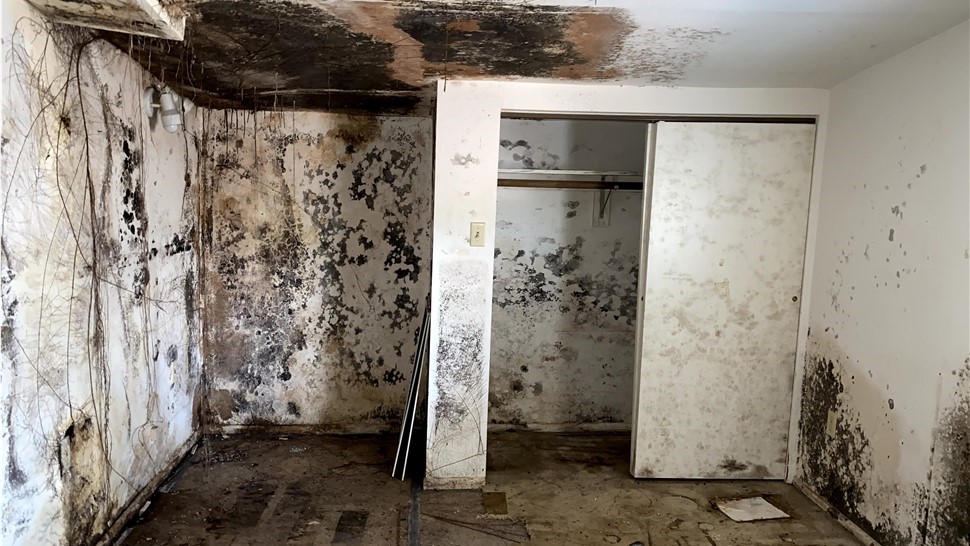
Mold is an all-too-common problem for homeowners in Clearwater, FL. While mold can grow anywhere, Clearwater's warm, humid climate and frequent storms create ideal conditions for mold to thrive. Understanding what causes mold growth in local homes is the first step toward protecting your property and your health.
Why Mold Grows So Easily in Clearwater, FL
Clearwater’s geographical location plays a significant role in the increased risk of mold problems. Several local factors make this area particularly vulnerable:
1. High Humidity Year-Round
Clearwater's subtropical climate means that humidity levels often exceed 60%, especially in the summer months. Mold spores need moisture to grow, and in humid conditions, they can attach to nearly any surface—walls, ceilings, floors, and even furniture.
When indoor humidity is not properly controlled, moisture builds up inside your home. Areas like bathrooms, kitchens, basements, attics, and laundry rooms often become breeding grounds for mold due to poor ventilation and trapped humidity.
2. Heavy Rain and Tropical Storms
Clearwater experiences frequent thunderstorms, heavy rains, and occasional hurricanes during storm season. These weather events increase the risk of water intrusion, roof leaks, and flooding. Even small leaks can create enough moisture for mold to start growing in as little as 24 to 48 hours.
After a storm, many Clearwater homeowners are left dealing with hidden water damage inside walls, under flooring, or in the attic—areas where mold can flourish unnoticed.
3. Flooding and Water Intrusion
In addition to storm-related flooding, Clearwater’s proximity to the coast means some areas are prone to localized flooding from rising tides or poor drainage systems. When floodwaters enter a home, they not only cause immediate damage but also introduce long-term moisture problems that can trigger mold growth behind walls, under carpets, and inside insulation.
4. Poor Ventilation in Coastal Homes
Many homes in Clearwater were built to maximize air conditioning efficiency and protect against tropical weather. However, this design can sometimes limit natural ventilation, leading to stagnant, moist air indoors. Without proper airflow, areas like closets, crawl spaces, and utility rooms can retain enough humidity to encourage mold growth.
5. Plumbing Leaks and Moisture Issues
While Clearwater’s climate is a major contributor, household issues such as leaking pipes, broken appliances, or roof damage can also lead to water accumulation and mold problems. If small leaks are ignored, moisture can seep into drywall, cabinetry, and flooring—creating the perfect environment for mold.
Common Areas for Mold Growth in Clearwater Homes
Understanding where mold is most likely to appear can help you catch problems early. Some of the most common mold-prone areas in Clearwater homes include:
- Bathrooms and laundry rooms
- Kitchens (under sinks, behind appliances)
- Attics and crawl spaces
- Basements or ground-level rooms prone to flooding
- Around windows and door frames
- HVAC systems and ductwork
The Risks of Ignoring Mold in Clearwater Homes
Many homeowners are tempted to overlook a small patch of mold or try to clean it with bleach and household cleaners. However, mold growth is often a sign of an underlying moisture problem that will continue to worsen if not properly addressed.
Unchecked mold growth can lead to:
- Structural damage to walls, ceilings, and flooring
- Musty odors that linger throughout the home
- Decreased indoor air quality
- Health risks such as allergies, asthma, and respiratory issues
Frequently Asked Questions About Mold in Clearwater, FL
How quickly does mold grow after water damage?
Mold can begin growing within 24 to 48 hours of water exposure, especially in Clearwater’s humid environment.
Can I prevent mold by running my air conditioner?
While air conditioning helps reduce humidity, it isn’t always enough to prevent mold. Dehumidifiers and proper ventilation are also important.
What should I do if I see mold in my Clearwater home?
Visible mold growth is a sign of a larger issue. It's best to call a licensed mold remediation professional to inspect and remove the mold safely.
Does insurance cover mold removal in Clearwater?
Coverage depends on the cause of the mold. If it results from a covered event like storm damage or a burst pipe, insurance may help cover the cost.
Is mold a year-round issue in Clearwater?
Yes. While storm season increases the risk, Clearwater’s high humidity means mold can grow year-round.
5 Tips to Prevent Mold Growth in Clearwater Homes
- Use a dehumidifier to maintain indoor humidity below 60%.
- Repair roof leaks, plumbing issues, and appliance leaks promptly.
- Ensure that bathrooms and kitchens are properly ventilated.
- Clean and maintain gutters to prevent water pooling near your foundation.
- Schedule regular inspections, especially after storms or water damage.
Professional Mold Remediation Services Available in Clearwater, FL
If you’re dealing with mold in your Clearwater home, it’s important to act quickly. Mold can spread fast, causing property damage and potential health risks. At Flood Pros USA, our team provides experienced restoration in Clearwater, using advanced equipment, proven techniques, and safe cleaning products to eliminate mold and restore your home.
Contact us today to schedule a professional mold inspection and learn how we can help protect your property in Clearwater, FL.
Tags
Subscribe to Flood Pros USA's Blog

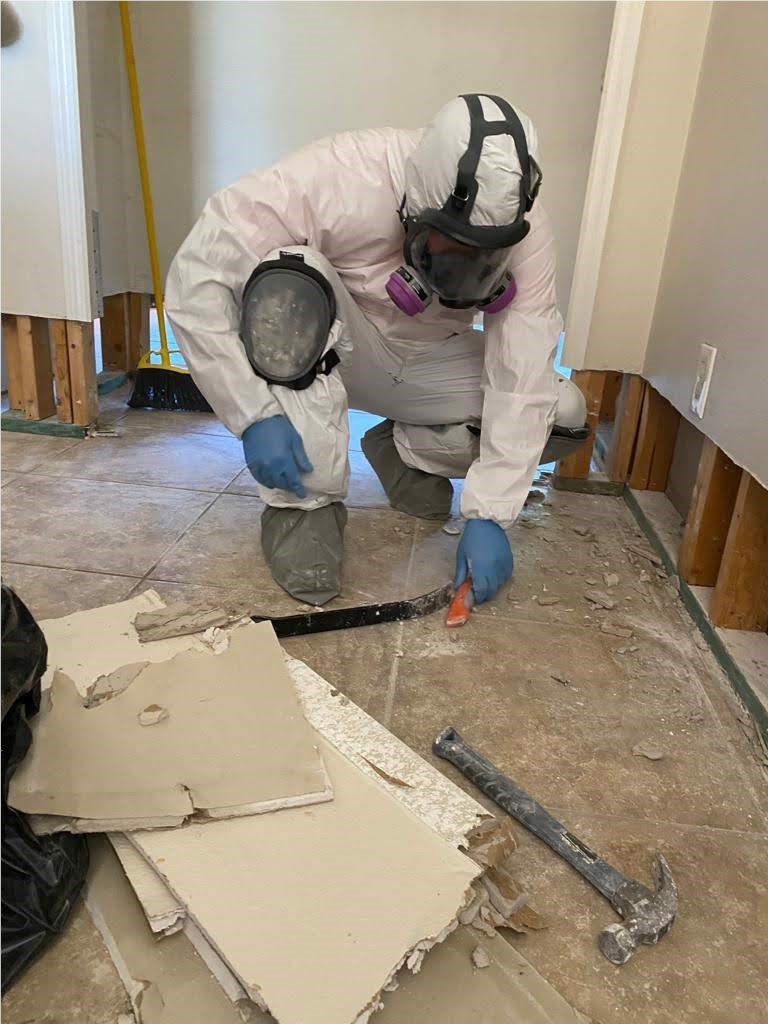
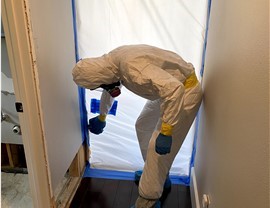
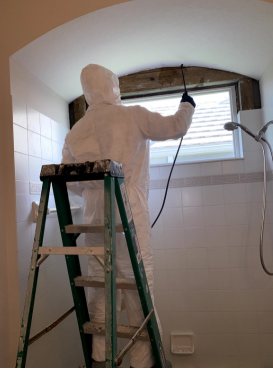
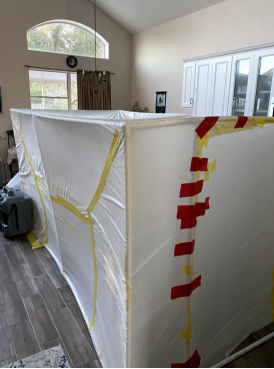

Comments